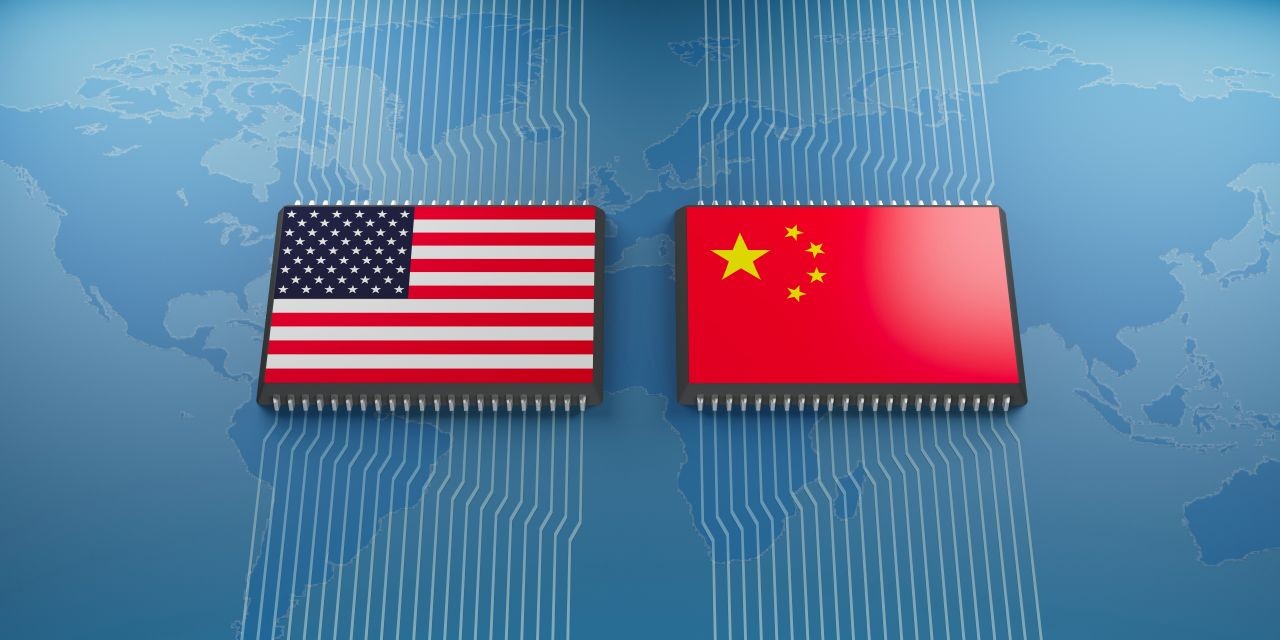Peace and Security in Northeast Asia
Workshop on US-China Reassurance
February 11 - 12, 2025
Tokyo, Japan

Workshop on US-China Ressurance
Tokyo, Japan, 11-12 February 2025
The return of Donald Trump to the White House in early 2025 introduces significant strategic uncertainties to global politics, not least concerning US–China relations. Since Trump's first term (2017–2021), strategic competition between the United States and China has intensified. This trend continued under the Biden administration (2021–2025), despite President Biden’s commitment to "managing competition responsibly." A second Trump administration has been widely expected to further escalate tensions, potentially through a renewed trade war, stricter technological restrictions, or even with risk of military confrontations. Given that both the US and China are nuclear powers and central players in the Indo-Pacific, the stability of their relationship is vital for regional and global peace. Any military conflict between the two nations would have catastrophic consequences, with far-reaching implications for international security.
Against this volatile backdrop, the Toda Peace Institute has established the Toda Research Cluster (TRC) on US–China Reassurance. To advance practical solutions for reinforcing stability and preventing military conflict, an international workshop was convened in Tokyo on February 11–12, 2025. The event gathered TRC researchers and experts from China, the United States, South Korea, and Northeast Asia to exchange ideas and strategize on promoting US–China reassurance.

A key outcome of the workshop is a report by the TRC convenor, highlighting the urgent need to address the growing risk of military conflict and sustain the long-lasting but fragile "East Asian Peace" amid escalating strategic competition. The central research goal of the TRC is to identify ways to reduce the likelihood of conflict between the US and China by exploring key theoretical and empirical dimensions of reassurance.
The report focuses on several critical questions:
1. What is reassurance?
2. Why is reassurance necessary in US-China relations?
3. How do states implement reassurance strategies?
4. How can the United States and China reassure each other?
5. What role can key regional players, such as Japan and South Korea, play in faciliatating US-China reassurance?
The report aims to provide actionable insights to mitigate tensions and promote a more stable and cooperative relationship between these two global powers. By fostering dialogue and exploring diplomatic pathways, the TRC seeks to contribute to peace and security in the Indo-Pacific and beyond.
Further Reading
Papers on US-China reassurance measures are available here:
Policy Brief No.226: Trust but Talk: How to Manage China–US Strategic Competition: Zhou Bo
Policy Brief No. 224: Toward A ‘Reassurance Spiral’ in US-China Relations: Carla Freeman
Report No. 217: US-China Reassurance: Theory and Practice: Kai He
Image: Kritsapong Jeantaratip/shutterstock.com